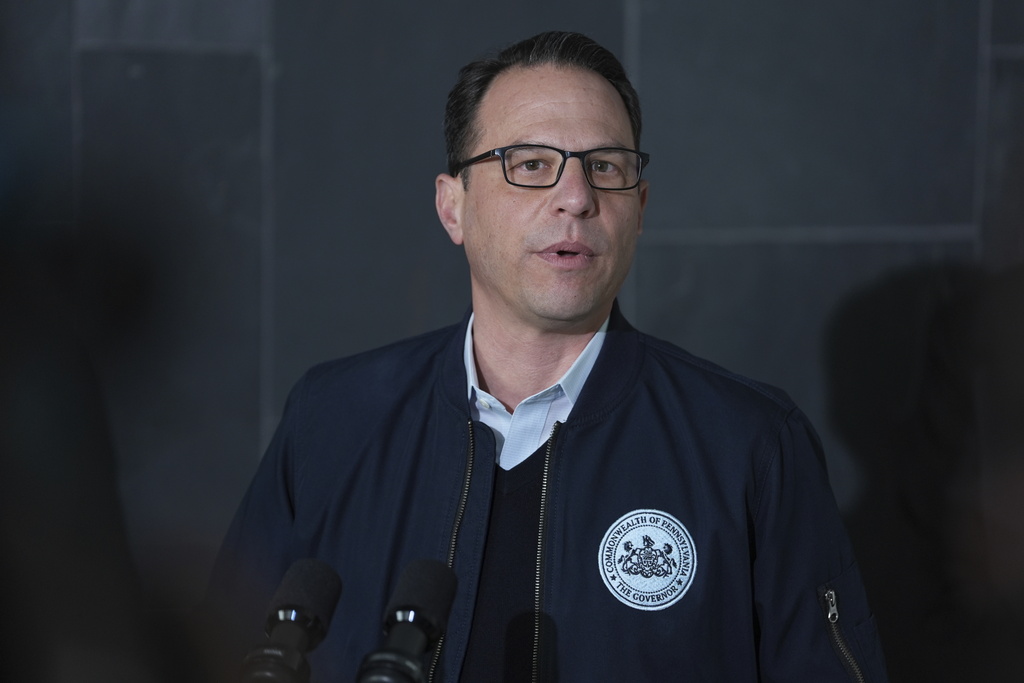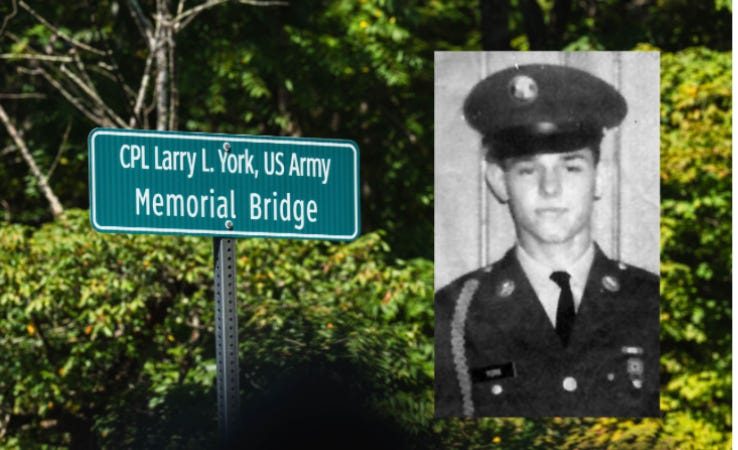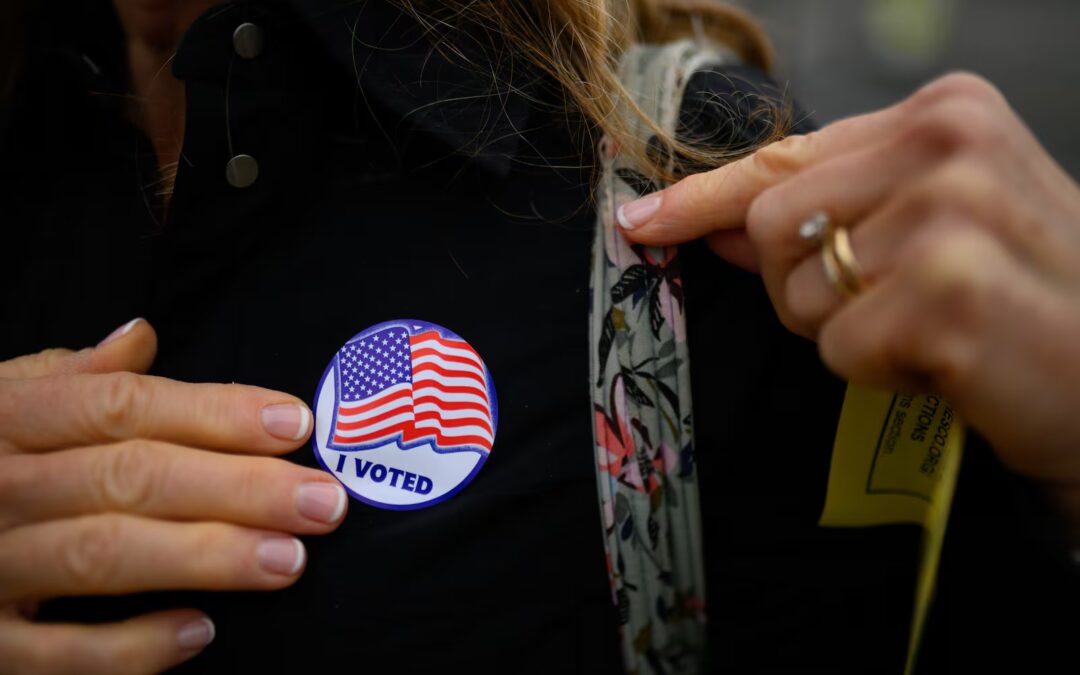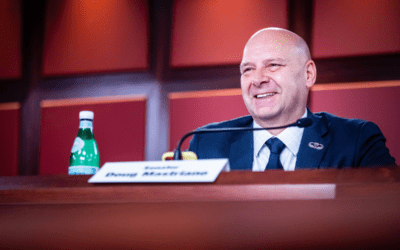
Governor Josh Shapiro (AP Photo/Matt Rourke)
Pennsylvania Gov. Josh Shapiro and state lawmakers are getting down to crunch time, with big questions still outstanding about how to balance the Democrat’s spending request.
A push is also on to make Pennsylvania the 25th state to legalize marijuana for adult use, raise the minimum wage and slap taxes on slot machine-like “skill” games that are popping up in bars, pizzerias, convenience stores and even standalone parlors.
Pennsylvania’s politically divided government has two weeks left to pass a new spending plan before the state loses some spending authority when the new fiscal year starts July 1.
Lawmakers describe closed-door talks as being at a crawl, and many are watching Congress to see if the federal government will make big cuts in aid.
Here is a look at the major issues:
Top priorities
Top priorities for Shapiro and his fellow Democrats who control the state House of Representatives are boosting funding for public schools and public transit agencies.
Republicans who control the Senate don’t necessarily oppose those aims. But Senate Majority Leader Joe Pittman said threshold issues for his Republican members are finding ways to rein in rising Medicaid costs and proliferating skill games.
Big increase in Medicaid
Shapiro’s $51.5 billion plan for the 2025-2026 fiscal year beginning July 1 would increase total authorized spending by 9% for state operations, or about $3.8 billion, including a $230 million request for the current year’s spending.
Of that, $2.5 billion would go to an increase in Medicaid spending, owing partly to a miscalculation in the cost to care for unexpectedly sick people remaining on the state’s Medicaid rolls after the COVID-19 pandemic.
Lawmakers can delay the inevitable increase for a year by, say, low-balling the Medicaid appropriation or postponing a big reimbursement bill to providers, like hospitals or counties.
Pennsylvania’s deficit
Shapiro’s budget proposal holds the line on personal income and sales tax rates, the state’s two largest sources of income. But it requires $4.5 billion in reserve cash to balance.
Tax collections are projected to increase by $2.3 billion to $48.3 billion, or 5% more. But about half of that increase — $1.2 billion — depends on whether lawmakers legalize adult-use marijuana, expand how the corporate net income tax is applied and regulate skill games.
The House last month passed legislation allowing Pennsylvanians 21 or older to legally buy and use marijuana. But it faces opposition from Senate Republican leadership.
Meanwhile, skill games legislation backed by Senate Republican leadership carries a 35% tax rate and limits the number of machines in each establishment. That is sowing opposition from bar owners and could outlaw tens of thousands of machines that are currently operating.
A court order on public schools
An extra $800 million, or 6% more, would go to instruction in K-12 schools and higher education institutions, including Penn State, Temple, Pitt and state-owned universities.
Most of the new education money — $526 million — is viewed as part of a multiyear, multibillion-dollar response to a court decision that found that Pennsylvania’s system of public school funding violates the constitutional rights of students in the poorest districts.
Separate legislation that passed the House is aimed at providing hundreds of millions of dollars in savings to public schools by shaving reimbursements to cyber charter schools. Its fate in the Senate is unclear.
Human services providers
Nursing home operators, home-care providers and counties that run mental health services are hoping for substantial increases in aid that Shapiro didn’t include in his proposal.
The biggest request is from agencies that dispatch home care workers to care for the roughly 150,000 to 200,000 people who qualify for Medicaid-funded home care.
The Pennsylvania Homecare Association is seeking a 10% increase, or $370 million more. Meanwhile, more than 100,000 shifts are going unfilled each month in Pennsylvania because the relatively low wages make it difficult to attract workers, Haney said.
Transit aid
Shapiro is seeking an extra $283 million, or about 20% more, for public transit agencies as he works to stave off cutbacks by transit agencies struggling to regain ridership lost during the pandemic.
Democrats support it. The trade-offs sought by Republicans are adding money for highway projects and funding it with a new source of cash, such as tax revenue from skill games.
Minimum wage
The House last week passed legislation to make Pennsylvania the 31st state to raise its minimum wage above the federal minimum of $7.25 an hour. More heavily populated counties would see bigger increases and sooner. It faces opposition from Senate Republican leadership.

Bucks County names Trumbauersville bridge for Larry York, 20, killed in Vietnam in ’68
The bridge is the 18th to be named for the 136 young Bucks County men who perished in the Vietnam War. It was Spring 1968 and Army Cpl. Larry Lee...

Pennsylvania governor says US must ‘turn the tide’ against political violence, reject vengeance
Gov. Josh Shapiro of Pennsylvania said Tuesday that the nation's leaders must “turn the tide” against political violence and reject vengeance, and...

Pennsylvania Bar Association recommends Supreme Court justices for retention
Pennsylvania has three Democratic Supreme Court justices up for retention this year and a vote could decide the fate of the court. While right-wing...

What to know about the poll worker positions on Pennsylvania’s 2025 election ballot
This article was originally published by Votebeat, a nonprofit news organization covering local election administration and voting access. Carter...

The real Pa. story that inspired ‘The Conjuring: Last Rites’
“The Conjuring: Last Rites” was inspired by a real story out of West Pittston, Pa. Here’s everything you need to know about the Smurl Haunting. ...




